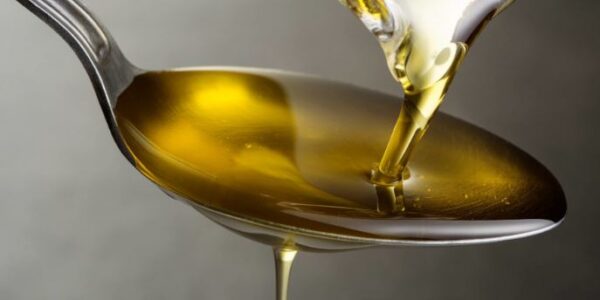For years,
fats and oils have been misunderstood, feared, and sometimes outright avoided. But it’s time to set the record straight.
As an essential component of our daily meals, the quality of oils we use can significantly impact our health.
Myth 1: Kids should avoid all fats
One of the most widespread beliefs is that children should avoid fats entirely for optimal health. In reality, children need fats just as much as adults, if not more. Healthy fats play a crucial role in a child’s growth, as they support the absorption of fat-soluble vitamins like A, D, E, and K.
Planning the diet in a way that incorporates healthy fats from various sources is crucial for a child’s cognitive development, hormone production, and boosting their energy levels. By integrating these fats into their diets, one can ensure the intake of proper nutrition for growth while also preventing nutrient deficiencies.
Myth 2: All fats are bad
This myth likely stems from the low-fat diet craze of the 1990s, which led people to believe that avoiding fats altogether was the solution to a healthy life. The reality is much more complex. Not all fats are created equal. Unlike saturated fats, monounsaturated and polyunsaturated fats—found in fish, nuts, seeds, and plant-based oils—are essential for maintaining heart health.
Healthy fats assist in reduction of inflammation, cholesterol levels, and the risk of cardiovascular disease. While calorie-dense, fats bring long-lasting satiety, which can help regulate food intake. Rather than fearing all fats, the focus should be on choosing the right kinds.
Myth 3: Seed oils are high in trans fats
Another common misconception is that seed oils are inherently unhealthy due to their supposed high trans fat content. This belief stems from confusions around the previously used technique of hydrogenation to prepare oils.
However, not all seed oils contain trans fats. Cold-pressed, unrefined, and non-hydrogenated seed oils are completely free from trans fats and are, in fact, healthy options for cooking. Trans fats, which are linked to increased risk of heart disease, are typically formed during the hydrogenation process—something to watch out for when selecting oils. Reading food labels carefully and choosing unrefined, non-hydrogenated oils ensures that you’re making a healthy choice.
Myth 4: Micronutrient deficiency can only be addressed with supplements
In the age of supplements, many have come to believe that dietary sources alone are insufficient to meet their micronutrient needs. While supplements can play a role in specific cases, they should not replace the primary source of nutrients: food.
A well-balanced diet rich in whole foods can provide all the essential vitamins and minerals the body requires. Blended oils provide a solution to naturally maintain nutrient intake without having to rely on supplements. These oils, enriched with essential vitamins, provide an easy and natural way to prevent micronutrient deficiencies. By choosing nutrient-rich foods and oils, one can meet the micronutrient needs more sustainably and naturally.
Myth 5: Fats are not necessary in a balanced diet
A particularly pervasive myth is that fats should be completely avoided to maintain a healthy diet, as they are often associated with weight gain and other health issues. However, fats are a fundamental component of a balanced diet. They play an essential part in absorbing fat-soluble vitamins, maintaining cell structure, and providing energy- all in one go.
Eliminating fats is no solution. Rather, one should focus on consuming them in well-measured amounts, while choosing unsaturated fats, to promote long-term health.











